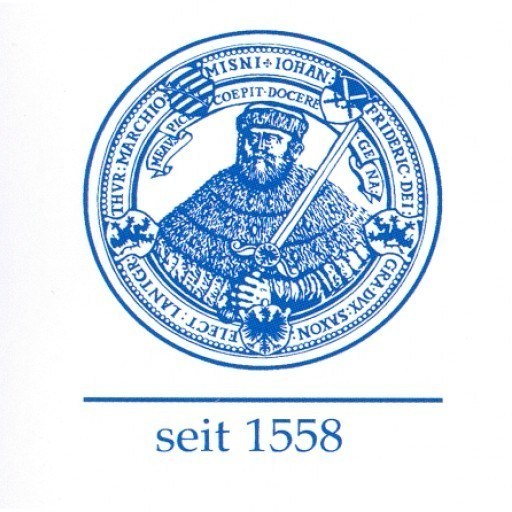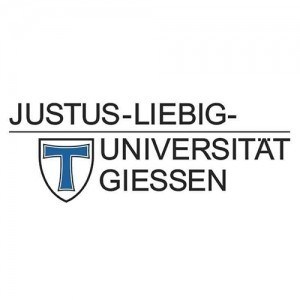Photos of university / #universitaet.tuebingen
Evolution and Ecology at the University of Tübingen offers a comprehensive and interdisciplinary approach to understanding the mechanisms and processes that shape life on Earth. This program combines theoretical knowledge with practical research skills in the fields of evolutionary biology, ecology, genetics, and biodiversity. Students will explore the principles of evolution, the diversity of life forms, and the ecological interactions that sustain ecosystems. The curriculum is designed to provide in-depth insights into evolutionary processes such as natural selection, genetic variation, and speciation, as well as ecological concepts including population dynamics, community interactions, and environmental influences.
Throughout their studies, students will engage with state-of-the-art research methodologies, including molecular techniques, fieldwork, modeling, and data analysis. The program emphasizes the importance of understanding evolutionary and ecological processes in addressing global challenges such as climate change, habitat loss, and species conservation. Students have the opportunity to participate in research projects and internships, gaining valuable practical experience that enhances their academic learning.
The program prepares graduates for diverse careers in research, conservation, environmental policy, and education. They will acquire critical thinking skills, an understanding of complex biological systems, and the ability to communicate scientific findings effectively. The curricula are supported by the university’s strong research community, including collaborations with local and international institutions, offering students access to cutting-edge facilities and expert mentorship.
With a focus on sustainability and biodiversity, the Evolution and Ecology program at the University of Tübingen strives to foster environmentally conscious scientists equipped to make meaningful contributions in academia, industry, and public policy. Whether students aim to pursue advanced research, work in conservation efforts, or enter related professional fields, this program provides a solid foundation and a stimulating academic environment for exploring the intricacies of life on Earth.
Educational organisation
Please see the module handbook. It is available on the course website.Study abroad unit(s)
An international placement is optional.Forms of assessment
Written and oral examsWritten work (protocols, essays)
Scientific presentations
Practical laboratory work
In total, 120 credits are needed to graduate: 36 credits for compulsory modules, 54 credits for elective modules, and 30 credits for the Master´s thesis project.
Course objectives
The broad scientific training provided by the course will qualify the graduates for a variety of careers, particularly for research-related positions in scientific institutions specialising in ecology, organismal biology, or evolutionary biology.Graduates will have a thorough knowledge of the theoretical explanatory approaches, principles, and methods in the life sciences, with a focus on the areas of evolutionary research and ecology. They will be conversant with the current state of research and capable of challenging it. The in-depth knowledge gained in the area of organismal biology will benefit graduates in the development and implementation of their own research ideas. They will be able to derive concrete questions from general concepts in the life sciences and subject them to theoretical and practical analyses, tests, and interpretations. In this regard, they will be capable of estimating the relevance and effects of their own professional practice with due regard to ethical principles.
Graduates will be able to present, elucidate, and discuss the results of their research before a scientific audience in written and oral form.
Language requirements
English language proficiency: TOEFL 95, IELTS 6.0, native speaker, English-language Bachelor's degree, or English B2 (also possibly English at German Abitur level)International applicants: German language proficiency (DSH1, Goethe-Zertifikat B1, TestDaf3333)
Required DSH / TestDaF
YesAcademic requirements
Requirements (selection statutes of 15 June 2015):Bachelor's degree with a grade of at least 2.5 (German grading system)
English language proficiency: TOEFL 95, IELTS 6.0, native speaker, English-language Bachelor's degree, or English B2 (also possibly English at German Abitur level)
International applicants: German language proficiency (DSH1, Goethe-Zertifikat B1, TestDaf3333)
Enrolment fees
Enrolment fees at the University of Tübingen are currently 142.10 EUR per semester. These fees entitle each student to a semester ticket for public transportation in the city of Tübingen and the surrounding area.Costs of living
The cost of living and accommodation range from 500 EUR to 800 EUR per month, depending on lifestyle. The biggest cost is rent; the cheapest student houses start at 180 EUR per month. Apply for student accommodation at the same time that you apply for admission to the Master's programme (i.e., before you have a confirmed study place).Job opportunities
Students may find jobs as graduate research assistants in projects of the Department of Biology.Arrival support
Welcome events are organised by the university. For more information, please see http://www.uni-tuebingen.de/en/international/international-students-in-tuebingen/advice-for-international-students/advisory-course.html.Services and support for international students
During the orientation weeks, (http://www.uni-tuebingen.de/en/international/international-students-in-tuebingen.html), students will be escorted to public authorities for registration purposes and helped with opening bank accounts, registering with the university, and setting up their health insurance. In addition, a number of social events, in which class members can get to know each other, are organised (http://www.uni-tuebingen.de/en/international/international-students-in-tuebingen/getting-started.html).The "Studierenden-Initiative Internationales Tübingen" (http://en.studit-tuebingen.de/) is a group of students at the University of Tübingen that helps new international students settle down in Tübingen and ensures they have a good time during their semester or year abroad.










